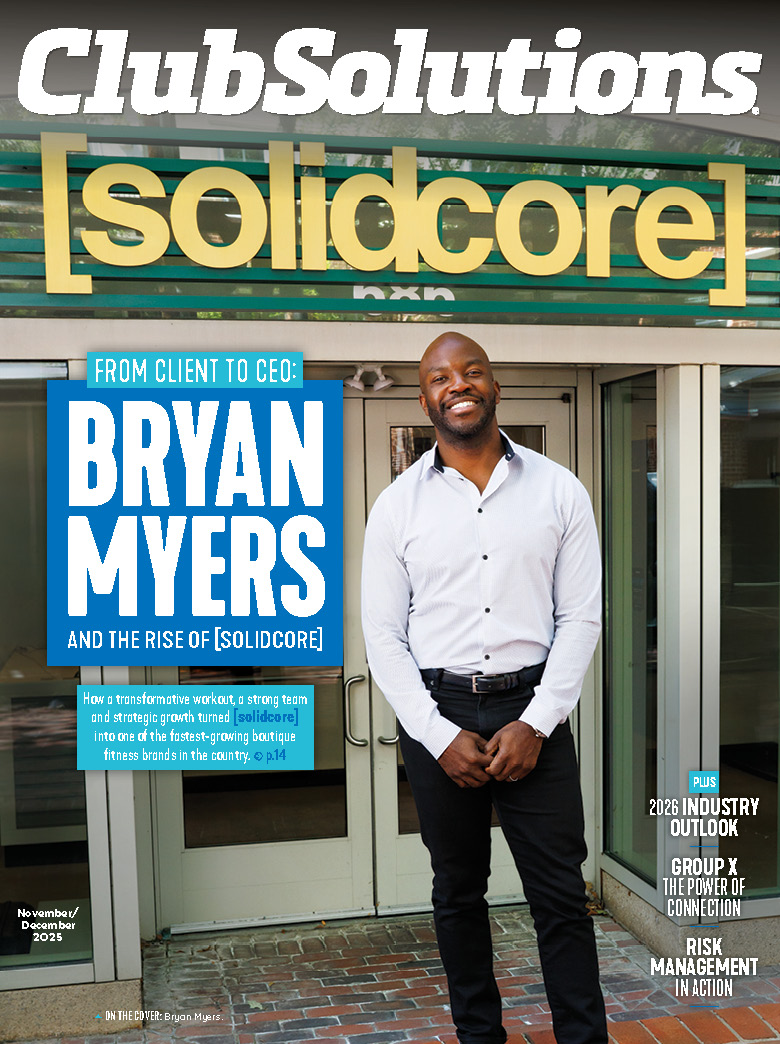Webster’s Ninth New Collegiate Dictionary defines charisma as “a personal magic of leadership arousing special popular loyalty or enthusiasm for a public figure.”
Charisma is also that special quality of magnetism that each person has and that each person uses to a certain degree. You have a special charisma to the people who look up to you, who respect and admire you-the members of your family and your friends and coworkers. Whenever and wherever a person feels a positive emotion toward another, he imbues that person with charisma, or attractiveness.
In trying to explain charisma, some people speak of an “aura.” This aura is a light that is invisible to most people, but not to everyone, and that radiates out from a person and affects the people around that person in a positive or negative way. The halo around the heads of saints and mystics in many religious paintings was the artist’s attempt to depict the light that people reported seeing around the heads of these men and women when they were speaking or praying, or in an intense emotional state.
You also have an aura around you that most people cannot see but that is there, nevertheless. This aura affects the way people react and respond to you, either positively or negatively. There is a lot that you can do, and a lot of good reasons for you to do it, to control this aura and make it work in your best interests.
If you’re in sales, this aura, reflecting your level of charisma, can have a major impact on the way your prospects and customers treat you and deal with you. Top salespeople seem to be far more successful than the average salespeople in getting along with their customers. They’re always more welcome, more positively received and more trusted than the others. They sell more, and they sell more easily. They make a better living, and they build better lives. Salespeople with charisma get far more pleasure out of their work and suffer far less from stress and rejection. The charismatic salesperson is almost invariably a top performer in his field and enjoys all the rewards that go with superior sales.
If you’re in business, developing greater charisma can help you tremendously in working with your staff, your suppliers, your bankers, your customers and everyone else upon whom you depend for your success. People seem naturally drawn to those who possess charisma. They want to help them and support them. When you have charisma, people will open doors for you and bring you opportunities that otherwise would not have been available to you.
In your personal relationships, the quality of charisma can make your life more joyous, happier. People will naturally want to be around you. Members of your family and your friends will be far happier in your company, and you will have a greater influence on them, causing them to feel better about themselves and to do better at the important things in their lives.
There is a close association between personal charisma and success in life. Probably 85 percent of your success and happiness will come from your relationships and interactions with others. The more positively others respond to you, the easier it will be for you to get the things you want.
In essence, when we discuss charisma, we are talking about the law of attraction. This law has been stated in many different ways down through the centuries, but it basically says that you inevitably attract into your life the people and circumstances that harmonize with your dominant thoughts.
In a sense, you are a living magnet, and you are constantly radiating thought waves
– like a radio station radiates sound waves
– that are picked up by other people. Your thoughts, intensified by your emotions
– as radio waves are intensified by electric impulses – go out from you and are picked up by anyone who is tuned in to a similar wavelength. You then attract into your life, people, ideas, opportunities, resources, circumstances and anything else that is consistent with your dominant frame of mind.
The law of attraction also explains how you can build up your levels of charisma so that you can have a greater and more positive impact on the people whose cooperation, support and affection you desire.
The critical thing to remember about charisma is that it is largely based on perception. It is based on what people think about you. It is not so much reality as it is what people perceive you to be. For example, one person can create charisma in another person by speaking in glowing terms about that person to a third party. If you believe that you are about to meet an outstanding and important person, that person will tend to have charisma for you.
Brian Tracy is the author of “Million Dollar Habits” and “Getting Rich Your Own Way.” He can be contacted at 858.481.2977, or visit www.briantracy.com.








